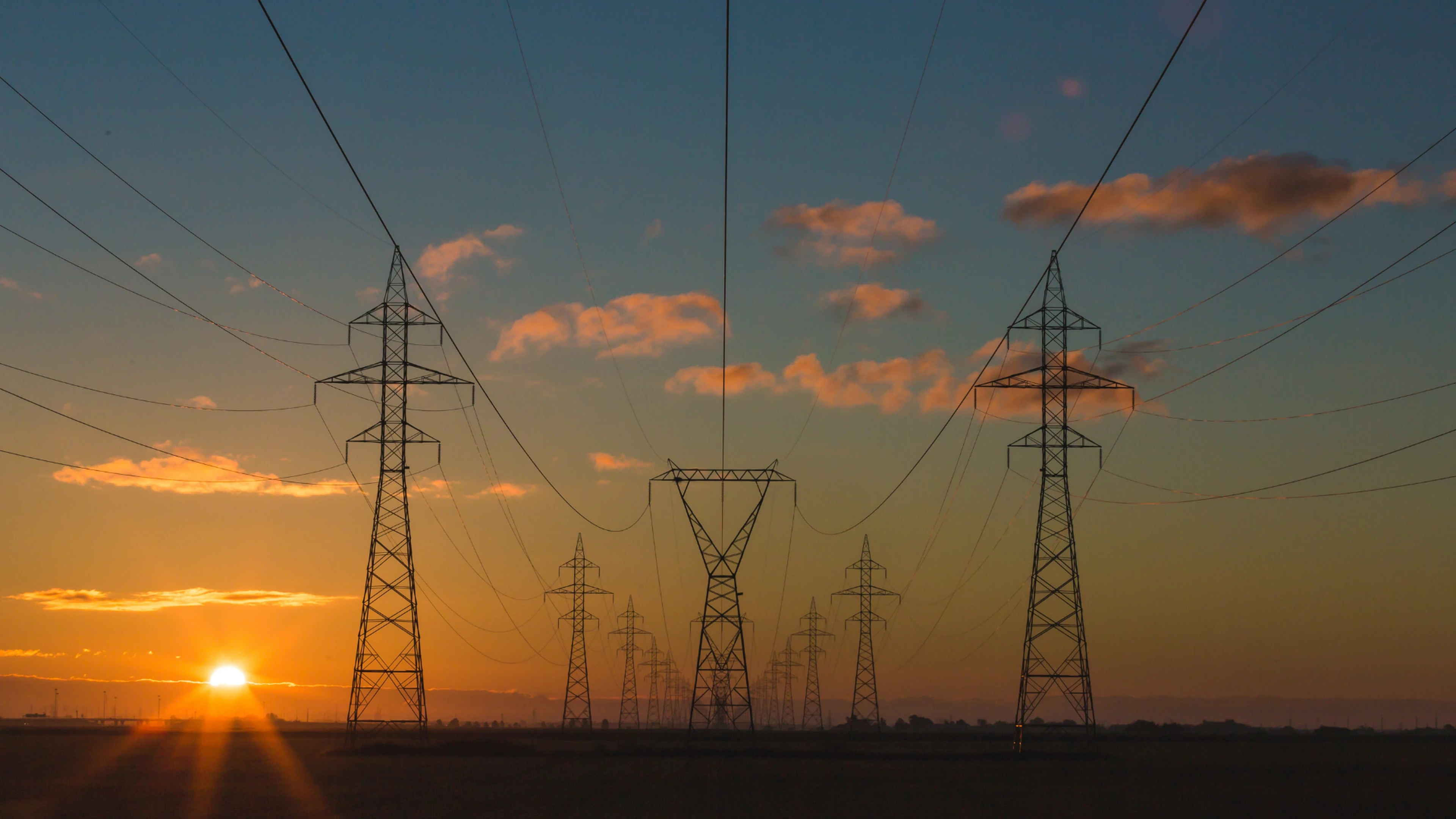Securing the UK’s Energy Future: Why Hydrocarbons Still Matter
This article draws on findings from our new report, Pragmatism in the Transition – Safeguarding UK Energy Security Through Domestic Hydrocarbons. The report sets out why the UK’s energy security cannot relyon renewables alone, and why domestic hydrocarbon production must remain central to a stable, affordable, and sovereign energy system.
While the transition to Net Zero remains a critical national goal, the UK’s energy security will depend on a pragmatic approach - one that recognises the enduring role of hydrocarbons alongside renewables. A secure,constant, and affordable supply of energy cannot be guaranteed by renewables alone, and an overly rapid retreat from oil and gas risks undermining both economic stability and national resilience.
1. Energy Security as a National Priority
The Russian invasion of Ukraine was a turning point, exposing the fragility of global energy markets. The resulting surge in prices and scramble for supplies revealed just how vulnerable economies are to geopolitical shocks. Energy security, defined by the International Energy Agency as the uninterrupted availability of energy at an affordable price, is not an abstract policy aspiration, but an urgent national imperative.
For the UK, this means reducing dependence on volatile imports by maximising domestic production. Homegrown hydrocarbons provide not only a buffer against price shocks and trade deficits, but also a powerful source of political leverage.
2. The Enduring Role of Hydrocarbons
Renewables are growing quickly, but so is global demand for energy. The reality we must face is that the world does not yet have the infrastructure, or the means of production, for totally renewable energy mix,especially in the developing world, which must use cheaper forms of energy to maintain and increase their industrialisation and economic growth. Despite the impressive rapid growth of renewables, global energy demand is equally rapidly increasing, driven by population growth and industrialisation in developing countries.
An idealistic view that we can completely phase out hydrocarbons also overlooks hydrocarbons’ role beyond electricity production. In fact, electricity only accounts for 20% of the worlds final energy consumption, with the remainder used in sectors like transport, heating, and industry. Hydrocarbons are vital for or critical, hard-to-abate sectors like aviation, petrochemicals (plastics, fertilisers), and manufacturing, where alternatives are not yet commercially viable or scalable.
3. Contrasting Lessons: Norway and New Zealand
Norway provides a compelling example of a successful,pragmatic energy strategy. While the vast majority of its domestic power grid is attributable to renewables, it remains a major global producer and exporterof oil and gas. This dual approach allows Norway to maintain a secure domestic energy supply while leveraging hydrocarbon revenues and expertise to fund itstransition to clean energy.
Meanwhile, New Zealand's ban on new oil and gas exploration serves as a cautionary tale, demonstrating how such a policy can lead to energy shortages, significantly higher energy costs, and even forcing a return tohigher-emission fuels like coal.
4. The Case for North Sea Hydrocarbons
The UK's North Sea region holds significant untapped potential, with one study estimating up to 7.5 billion barrels of oil and gas remaining. Maximizing these domestic resources would generate billions in tax revenue, support over 150,000 jobs, and provide a lower-carbon alternative to imported LNG. Crucially, we need to get our energy from somewhere, and exclusively renewable production won’t meet our demand. Therefore, the choice is not between renewables and hydrocarbons: it is between domestic hydrocarbon production, or more costly and polluting imports.
Conclusion
The UK cannot afford to treat hydrocarbons and renewables asmutually exclusive. Both are essential to delivering a secure, affordable andsustainable energy transition. A pragmatic approach, anchored in domestic production, investment in renewables and lessons from abroad, is the only wayto safeguard the nation’s economic and geopolitical resilience, as set out in our full report Pragmatism in the Transition: Safeguarding UK Energy Security Through Domestic Hydrocarbon



